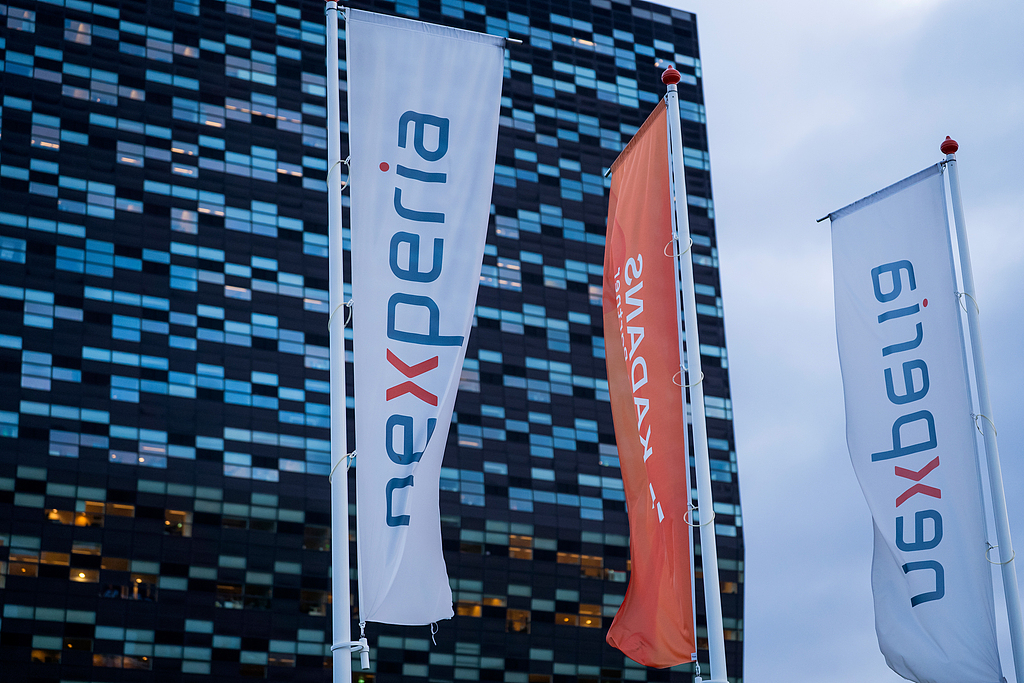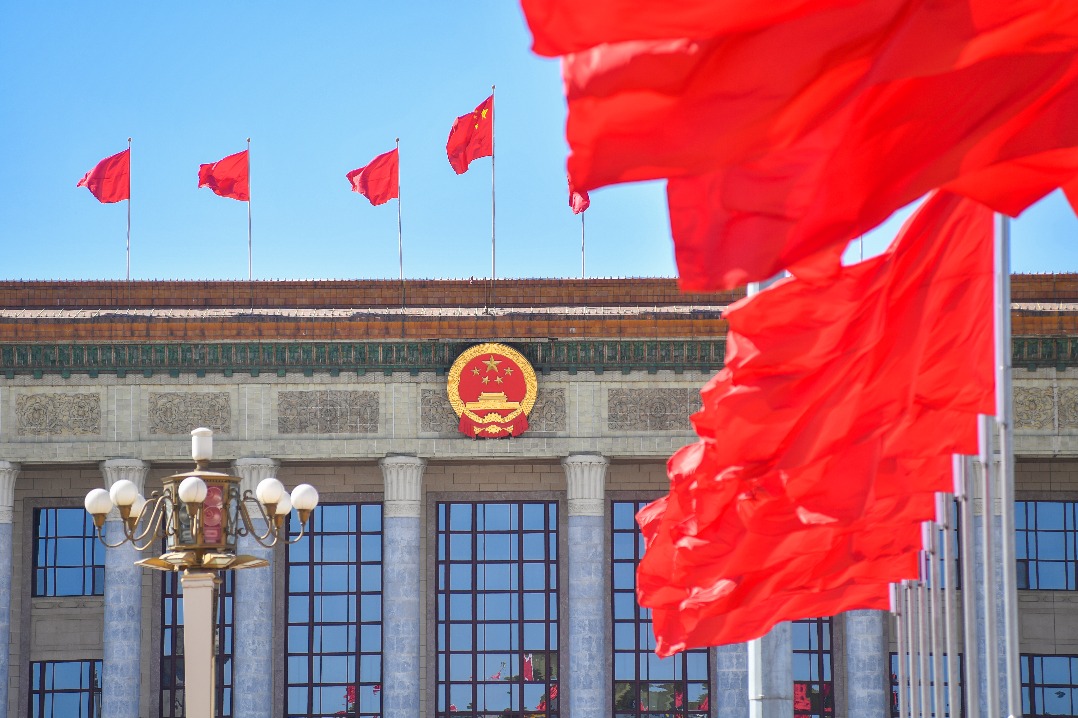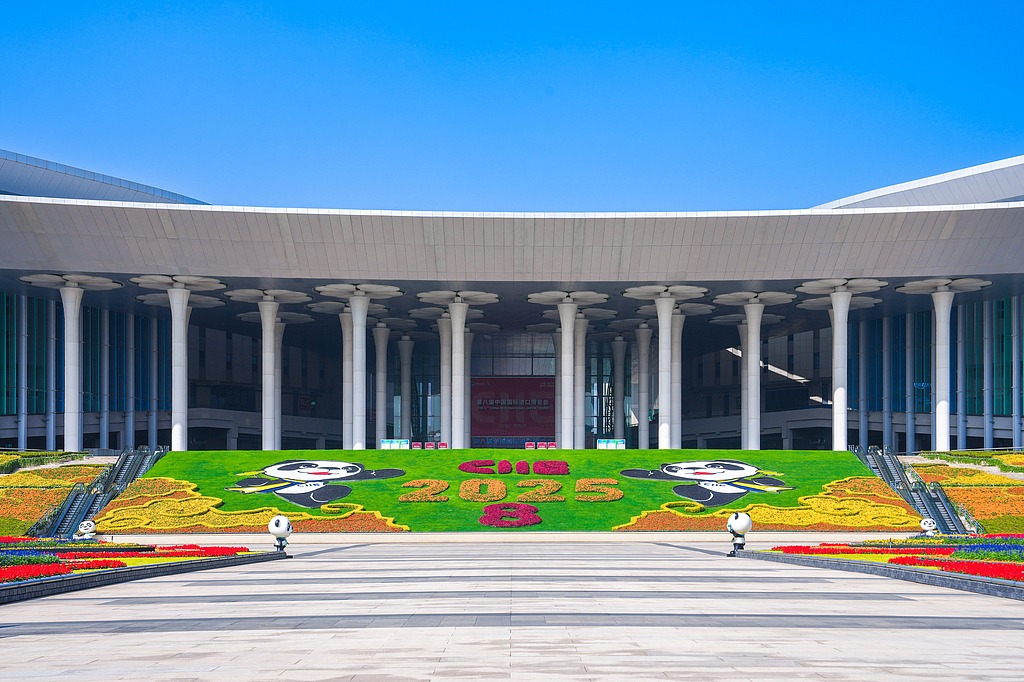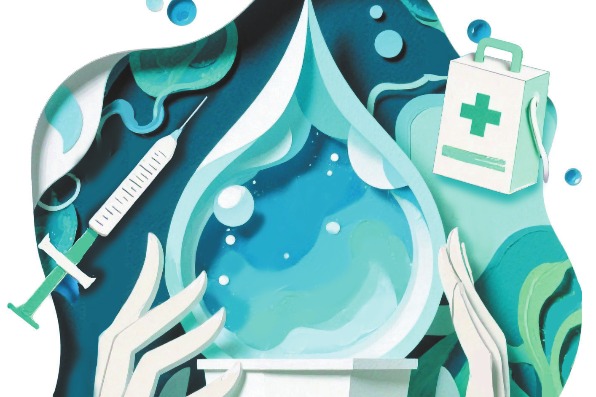Dutch govt should act responsibly to resolve trouble of its own making: China Daily editorial


Since the China-US economic and trade consultations in Geneva in May, China has worked earnestly to implement the agreements reached and safeguard the hard-won stability achieved in bilateral economic relations.
In its latest demonstration of responsibility and in line with the outcomes of the China-US trade talks in Kuala Lumpur, Malaysia, the State Council Customs Tariff Commission announced China will suspend an additional 24 percent tariff on US goods for one year starting Nov 10, while maintaining the remaining 10 percent additional tariff. China will also halt its countermeasures against the US' fentanyl-related tariffs from the same day. These steps, in response to the US' reciprocal moves, reflect Beijing's commitment to translating dialogue into action.
Yet responsibility must be reciprocal. Washington has pledged to suspend for one year its so-called "affiliates rule" announced on Sept 29. This rule seeks to extend US export restrictions to any company 50 percent or more owned by an entity on the US' entity list. Arbitrary and extraterritorial in nature, that rule has cast a shadow on global technology cooperation and sparked uncertainty, particularly affecting companies such as the Netherlands-based Nexperia.
Owned by China's Wingtech, which was put on the US' entity list late last year, Nexperia's products are mainly basic, inexpensive power-control chips such as transistors and diodes, which are mostly manufactured and packaged in China and far from being cutting-edge or strategically sensitive.
Despite this, the Dutch government abruptly took control of Nexperia on Sept 30, baselessly claiming that the company might shift production to China, jeopardizing European economic security. A unilateral announcement that was reportedly made without even consulting the European Union's core economic and trade policymakers beforehand.
The move's timing, just one day after Washington's "affiliates rule" was unveiled, leaves little doubt that it was politically motivated and heavily influenced by US pressure, if not the Dutch government's readiness to do the US' bidding. Even more concerning, multiple reports suggest the US was trying to intervene in Dutch legal processes, which tellingly employed a Cold War-era law, to remove Nexperia's Chinese CEO. Such actions go beyond normal regulatory oversight; they undermine the rule of law, breach contract principles and serve to erode international confidence in the Dutch business environment.
Despite repeated and measured warnings from Beijing that such actions would ultimately prove self-defeating, the Dutch authorities have refused to reconsider their reckless and irresponsible move. In response, China introduced export controls on Nexperia chips to protect the legitimate rights of its enterprise on Oct 4.
However, demonstrating a due sense of responsibility — unlike the Dutch government — Beijing eased these controls on Saturday following constructive discussions between the Chinese and US trade negotiators in Kuala Lumpur. This was widely welcomed by global industry stakeholders and acknowledged also by the European Commission as a key factor in preventing a supply chain crisis and opening the door to a sustainable solution.
Unfortunately, the Dutch side has still shown little willingness to reciprocate. Instead, it pushes Nexperia to the front as a shield to cover its own responsibility. Nexperia's now Dutch-controlled headquarters has attempted to deflect blame by describing the situation as "force majeure" and casting baseless doubts on the supply capability of the company's plant in Dongguan, Guangdong province, even though Nexperia China has made it clear that it has ample inventory to meet international demand.
Earlier, the Dutch side unilaterally stopped wafer supplies to the Dongguan factory, alleging "contractual breaches", which Nexperia China has firmly denied, revealing that it is Nexperia's head office in the Netherlands that is trying to exculpate itself from the mess by passing the buck.
The Dutch government should stop pretending innocence behind the finger-pointing within the same company triggered by its arbitrary seizure of its head office in the Netherlands.
A spokesperson for the Dutch Ministry of Economic Affairs has claimed that the Dutch government seeks a constructive solution in the interests of Nexperia and the European Union. Yet a crucial question still lingers unanswered for the Dutch side: Why has the Netherlands chosen to go further than any other EU member in aligning with Washington's restrictive and counterproductive policies under the name of defending the EU's economic "security"?
As a Chinese Ministry of Commerce spokesperson said on Tuesday, the Netherlands should cease its interference in internal corporate affairs, respect market principles and work toward a fair and mutually beneficial resolution. Persisting on its current path will only deepen distrust, disrupt global semiconductor supply chains and harm European enterprises' interests.
China remains committed to safeguarding the legitimate rights of its enterprises while ensuring the stability of global industry and supply chains.
It is to be hoped the Netherlands will act in the broader interests of China-Netherlands and China-EU economic relations, and in the shared interest of global stability and development.
The Dutch government should correct its missteps. If it persists with its restrictive and politically motivated actions, it must be prepared to face the consequences of its obstinacy. Only by being rational and engaging in dialogue with mutual respect can it remedy its wrongdoing before it becomes too late.


































